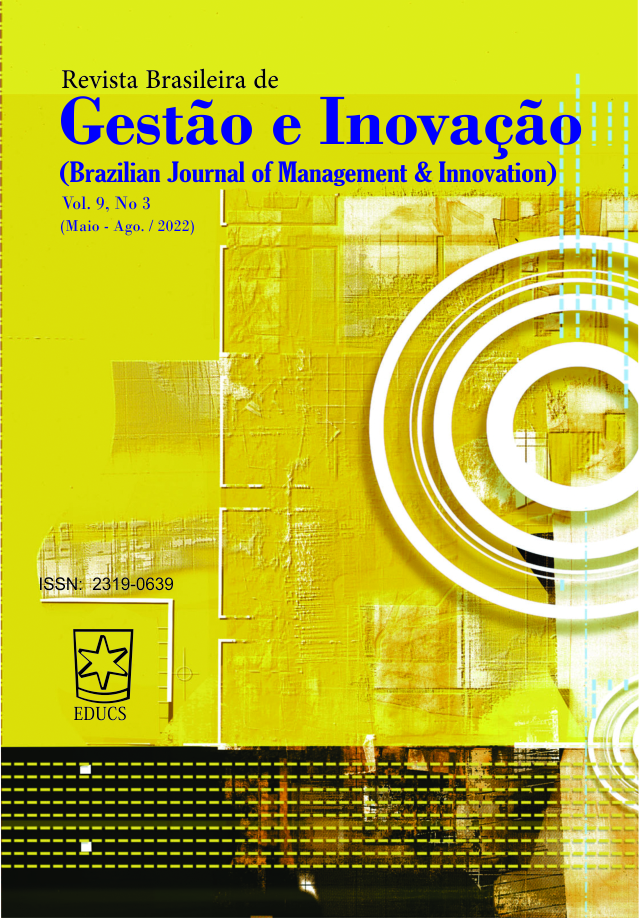EMPLOYMENT RELATIONSHIP BEFORE COVID-19 IN RS: AN ANALYSIS OF CAUSAL EFFECT AND REGRESSION
DOI:
https://doi.org/10.18226/23190639.v9n3.05Keywords:
COVID-19, Empregabilidade, Economia RS, Análise correlacional, Causal ImpactAbstract
The global economy suffered a great impact due to the pandemic caused by the SARS-CoV-2 virus. Developed, developing, and undeveloped economies all felt the economic impact in various sectors, and in the state of Rio Grande do Sul (RS) it was no different. As an inseparable part of the economy, employment was also affected. In all, the state of Rio Grande do Sul lost about 86,000 formal jobs since the beginning of the pandemic, that is, in the period between March and September 2020, the state ranked fourth in the number of jobs lost in the country. Thus, the objective of this study is to analyze the impact of the pandemic on formal jobs in the state of Rio Grande do Sul. To this end, a relational and causal impact analysis was performed on economic and employment indicators of the state of Rio Grande do Sul during the months of March to September 2020, in the midst of the COVID-19 pandemic. The results show that there is no relationship of covid-19 cases number of infected, with admissions and layoffs, however relationship with economic performance. It was observed that more economically active regions had greater impacts with respect to covid-19 cases. However, the research showed that the effects of covid-19 on layoffs and admissions are not significant, despite the significance being related to both social inequality and the GDP of each of the COREDEs studied.
Downloads
Published
How to Cite
Issue
Section
License
Copyright (c) 2022 Brazilian Journal of Management & Innovation

This work is licensed under a Creative Commons Attribution 4.0 International License.
The author must guarantee that:
- there is full consensus among all the coauthors in approving the final version of the document and its submission for publication.
- the work is original, and when the work and/or words from other people were used, they were properly acknowledged.
Plagiarism in all of its forms constitutes an unethical publication behavior and is unacceptable. Revista Brasileira de Gestão e Inovação has the right to use software or any other method of plagiarism detection.
All manuscripts submitted to RBGI - Revista Brasileira de Gestão e Inovação go through plagiarism and self-plagiarism identification. Plagiarism identified during the evaluation process will result in the filing of the submission. In case plagiarism is identified in a manuscript published in the journal, the Editor-in-Chief will conduct a preliminary investigation and, if necessary, will make a retraction.
This journal, following the recommendations of the Open Source movement, provides full open access to its content. By doing this, the authors keep all of their rights allowing Revista Brasileira de Gestão e Inovação to publish and make its articles available to the whole community.
RBGI - Revista Brasileira de Gestão e Inovação content is licensed under a Creative Commons Attribution 4.0 International License.
Any user has the right to:
- Share - copy, download, print or redistribute the material in any medium or format, linking to RBGI site.
- Adapt - remix, transform and build upon the material for any purpose, even commercially.
According to the following terms:
- Attribution - You must give appropriate credit, provide a link to the license, and indicate if changes were made. You may do so in any reasonable manner, but not in any way that suggests the licensor endorses you or your use.
- No additional restrictions - You may not apply legal terms or technological measures that legally restrict others from doing anything that the license permits.
#RBGI







